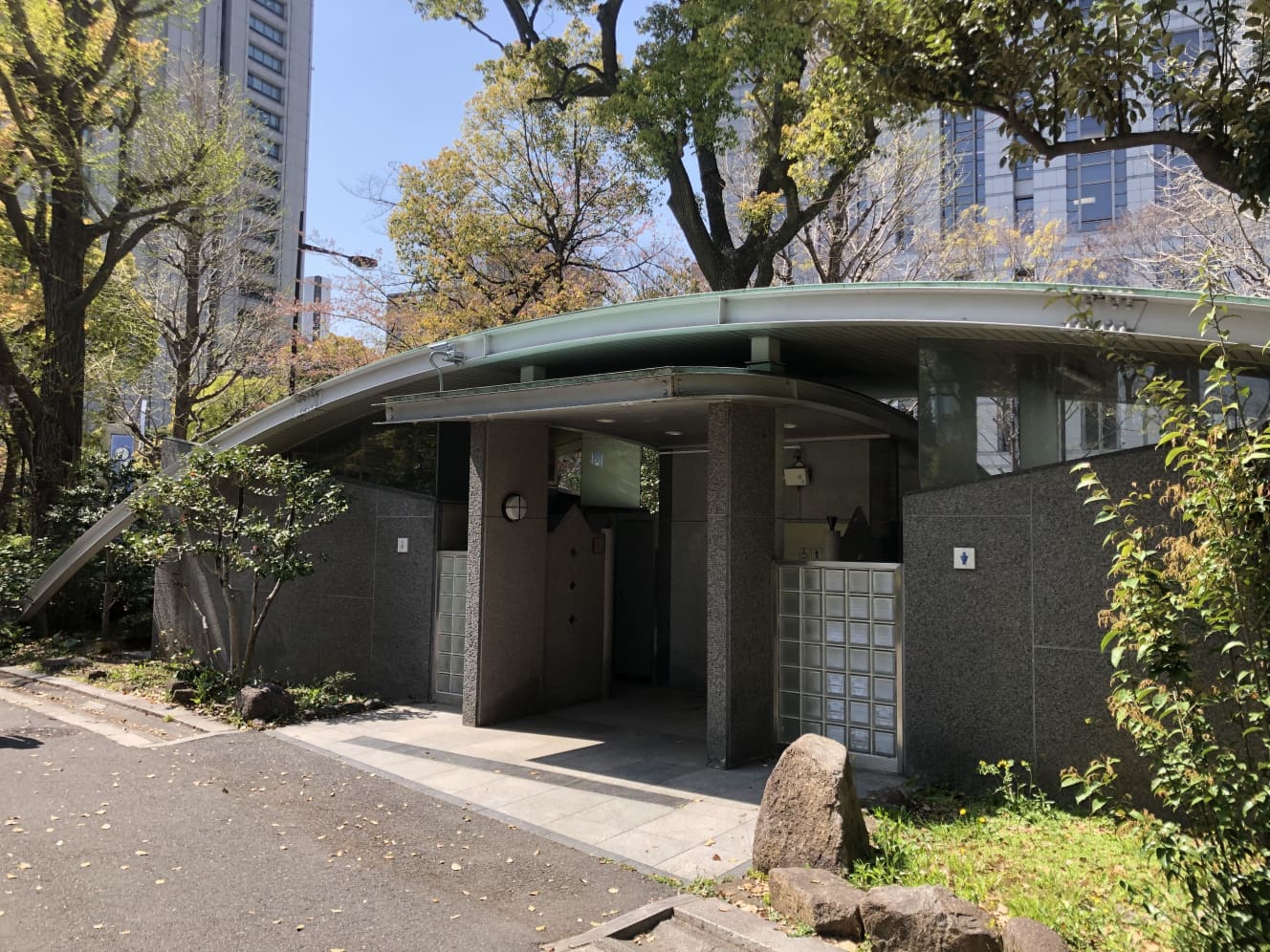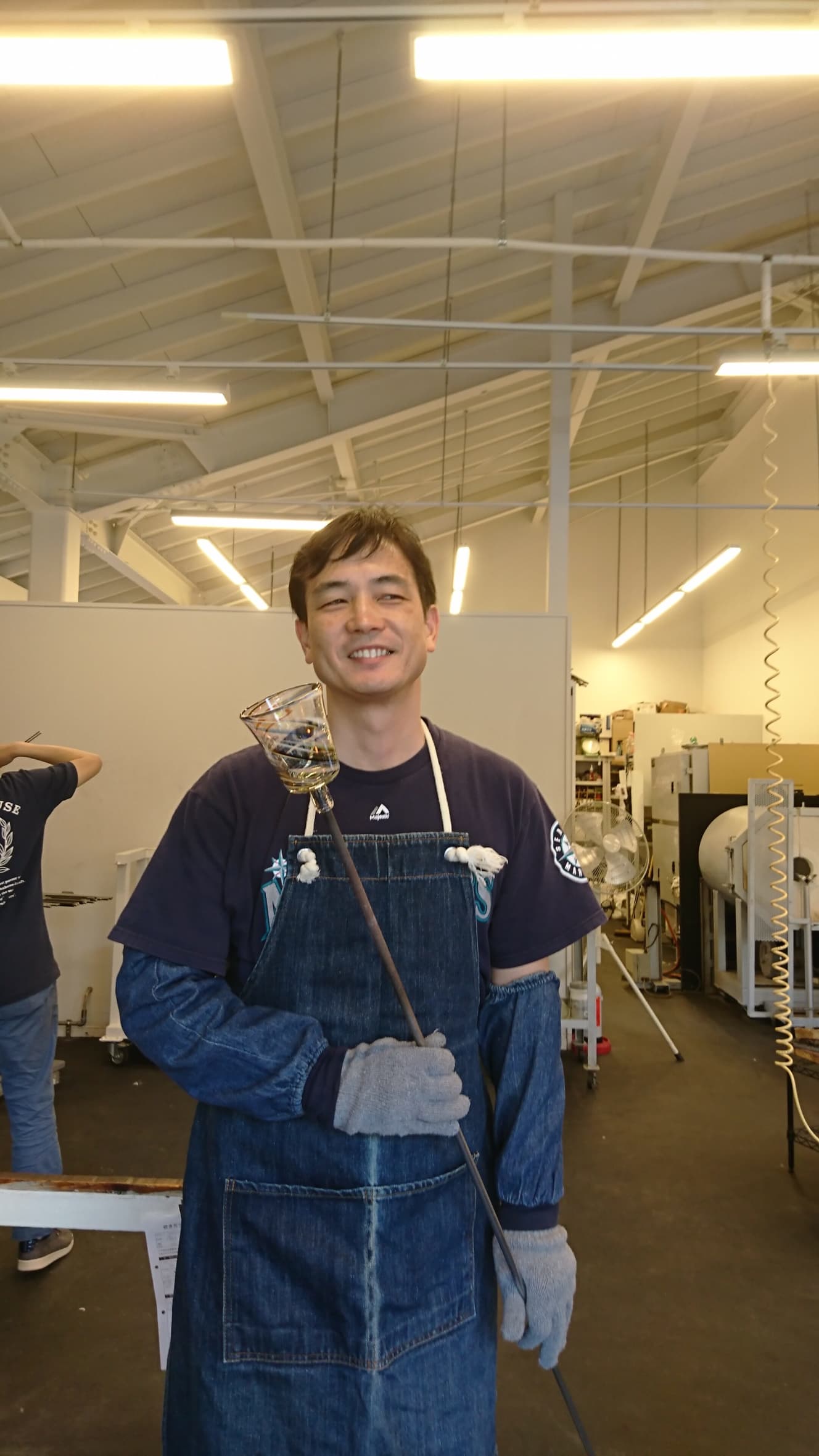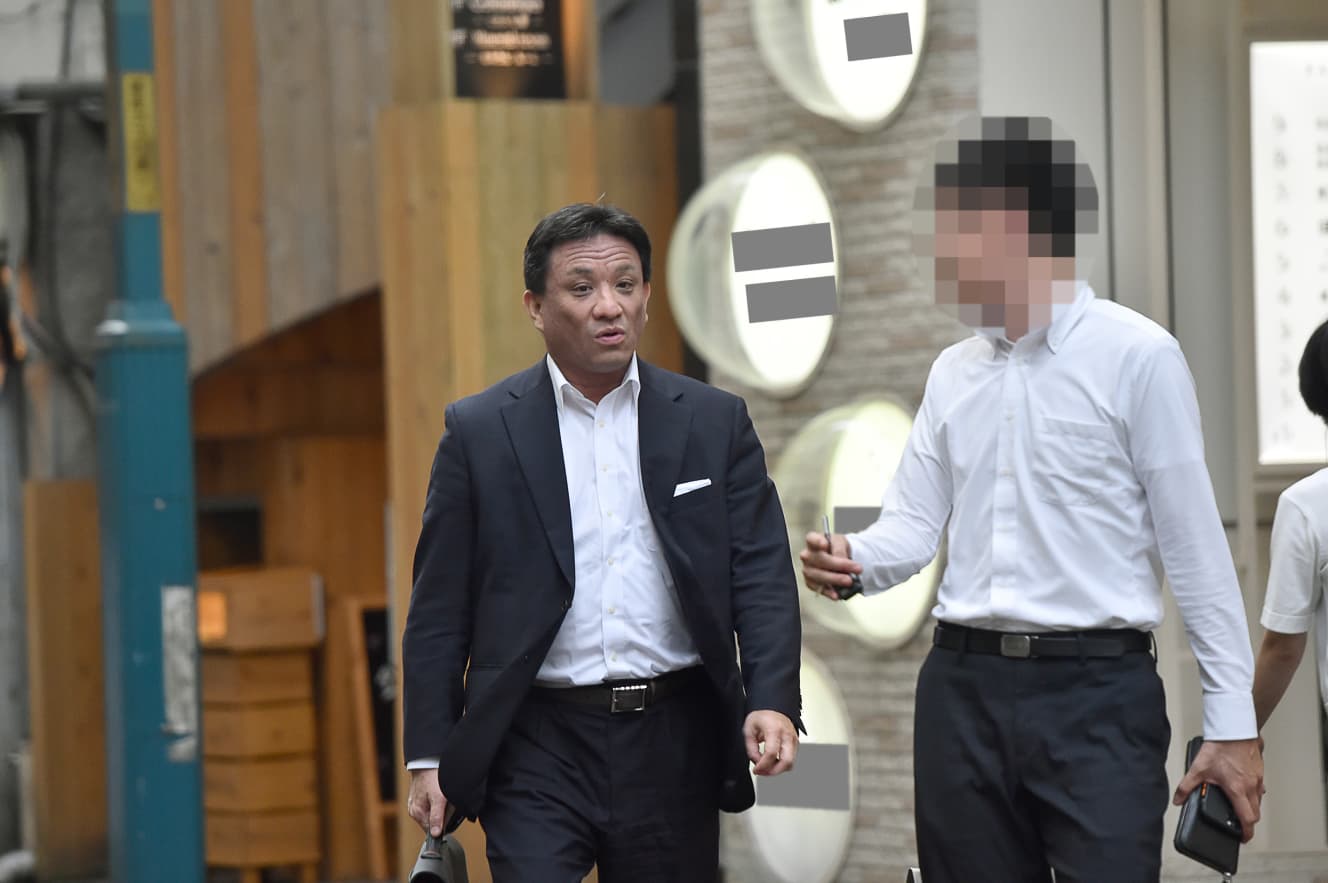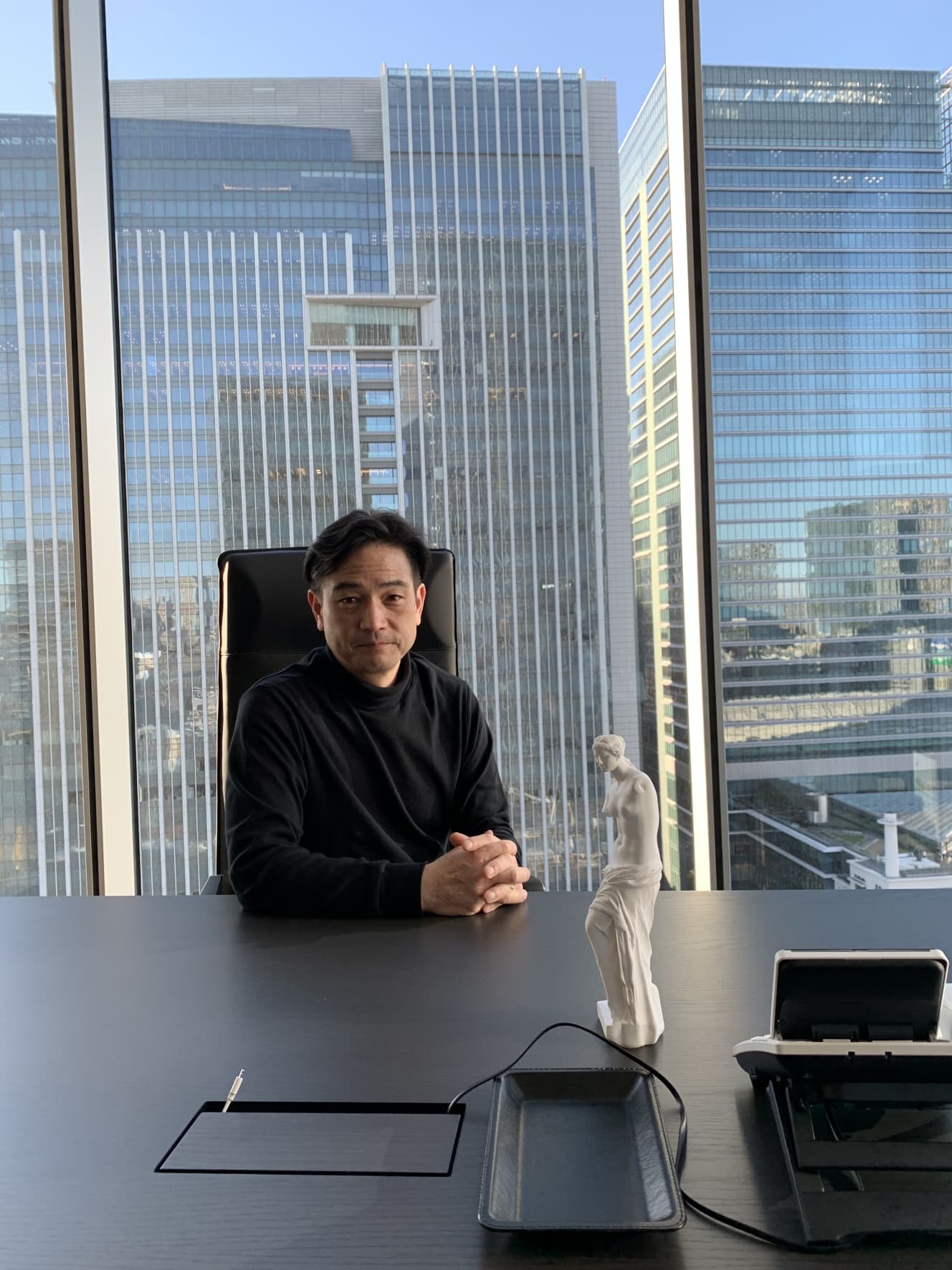What the “mysterious death” of the powerful president in Hibiya Park told this magazine.
Less than a year later, the "maneo president's suicide" is still being referred to as a "mysterious incident" in the financial industry. A reporter of this magazine, who has been in contact with the deceased president, has been trying to get to the bottom of the case.
I am in CENEGENICS JAPAN. I am contacting you to provide information (original text). I would appreciate it if you could contact me when you are free.”
It was on January 4, 2009, that the author received a single short message on her cell phone from an unregistered number. About five months later, on June 8, 2009, the sender of the text message was found dead in a private room of a multipurpose toilet in Hibiya Park in Kasumigaseki, Tokyo.
He was Kenji Takimoto (49 years old). He was a man who had established a business model called social lending (“SL”), which connects investors and companies online, and was once called a “revolutionary in the financial world.
He was found dead at the scene at around 4:00 a.m. on August 8 after a cleaning crew discovered him. The private room was locked, and it is believed to be a suicide.
Mr. Takimoto himself ran an SL company called “maneo market” (“maneo”). However, the rapidly expanding SL business was hit by a series of bankruptcies, and maneo received a business improvement order from the Financial Services Agency in 2006, and was sold in 2007.
On the other hand, he continued his activities as an investor, and in 2008, he invested a large amount in the medical venture “Terra,” which was attracting attention as a company conducting clinical trials for the development of a new type of corona drug in Mexico. CENEGENICS JAPAN” (“Cene”) was said to have formed a joint research partnership with Terra and was actually conducting clinical trials in Mexico.
At the time the e-mail was sent to the author, Mr. Takimoto was not only an investor but also an “advisor to Cene,” and was in a position to know the inner workings of the company well. What was sent to him was an e-mail of accusation.

With the permission of the current representative director, I have been an advisor since last November. The former director who was practically in charge of Sene Inc. has committed illegal acts such as insider trading, market manipulation, and fraud, and we have secured documentary evidence that can substantiate criminal legal violations. I also have audio recordings of the former board members made by myself. These are just some of them.”
At the first interview on January 5, 2009, Mr. Takimoto spread out on his desk a large number of bank books, seals, bank transfer slips, and other “evidence” that he said were forged.
How about a book of accusations or a comic book like ‘Kabachitare’?”
Yes, he was talking about his willingness to press charges. At about the same time that he made his accusations to our magazine, Mr. Takimoto started a blog titled “Terasene Theater, Money and Lies,” where he began to pursue the illegal activities of the former executives by releasing documents and audio recordings.
In the several interviews conducted since then through February, he has not changed his stance on the accusations and disclosure. For this reason, it is hard to express how surprised we were when we heard the first news of the “suicide. Even within the financial industry, the more people who were friends with Mr. Takimoto, the more shocked they were, saying, “Only he could have committed suicide.
In fact, a puzzling situation also occurred.
On the day of his suicide, the news of his suicide that was broadcast by a commercial key station was immediately deleted. It was rumored that there might have been pressure from somewhere. Besides, that multipurpose restroom can be locked from the outside if you want to. It was true that the incident was suspected for a while.
Was Mr. Takimoto’s “death” really a suicide, and if so, why did someone who had expressed a desire to press charges take his own life? After Mr. Takimoto’s death, we continued to interview people who had been close to him, and came to the conclusion that this may be the reason. The following is the report.

First, I would like to start by mentioning how Mr. Takimoto contacted the author’s cell phone.
In June ’20, FRIDAY magazine published an article titled “Is it true that a new type of corona drug is being developed?” The article was published in the Journal of the Japanese Ministry of Health, Labour and Welfare. The article reported that there were doubts about the reality of the clinical trials, as we interviewed a Mexican hospital where Terra Sene and its affiliated companies were conducting clinical research and obtained the opinion that “we have not heard of any clinical trials or new therapies being conducted by a Japanese company. At that time, he applied for an interview with both companies, and “I saw [the author’s] cell phone number on the application form for the interview and contacted them,” Takimoto said.
Regarding the point raised by the magazine that “there are doubts about the actual status of SENE’s clinical trials in Mexico,” Mr. Takimoto responded as follows.
To be honest, I don’t know the actual situation, but Terra is a publicly traded company and releases clinical trials from time to time. I trust them with a high degree of certainty. I think it would be wrong to nip in the bud something that might possibly have buds.
Here, one question arises. Terra is listed on JASDAQ. The fact that the advisor to Sene, the company that is supposedly conducting the clinical trial, would accuse the company of internal fraud would naturally have a significant impact on the stock price. The question is whether the accusation of fraud is not a contradiction in terms. Mr. Takihoto said.
I first decided to invest in Sene because I met a former board member,” he said. But after that, I was continuously betrayed.
That was the reason for the accusation.
The “former officer” is Kaoru Takemori, who was arrested and charged by the Tokyo District Public Prosecutors Office in February and March of this year for violating the Financial Instruments and Exchange Law (he resigned as an officer in December 2008).

”The charge is to publish false information in order to inflate Terra’s stock price.” When Terra announced in October 2008 that it would raise approximately 3.5 billion yen from Sene through a third-party allotment of new shares, it disclosed false information that it had approximately 7.5 billion yen in a non-existent account at a restaurant management company, etc. In reality, the account contained only a few hundred thousand yen.
Mr. Takimoto described his encounter with defendant Takemori as follows.
“I met Mr. Takemori on October 20, 2008, through an acquaintance. He had invested 700 million yen in one of my friend’s plants that I had invested in, and my friend was grateful. I thought he was a rare ‘manly’ person nowadays. That is also why, when I heard about the clinical trial for the development of a cure in Mexico, I felt inclined to support it.
‘The new coronas are not dying from the virus. They are dying from inflammation caused by interstitial pneumonia. Avigan and Lemdecivir suppress inflammation and are not a fundamental solution. I felt that a therapeutic drug for sene using other people’s stem cells should be a logic, and I was willing to put a big stake in it (Note: Therapy using other people’s stem cells is banned in Japan).
In total, we invested over one billion yen in Sene. Of course, I took the shares as collateral and notarized them.”
What was the reason for the death of Mr. Takimoto, who worked so energetically?
(Continued in Part 2)
Interview and text: Atsuo Hase Photography: Takero Shigumori (Takemori suspect)
